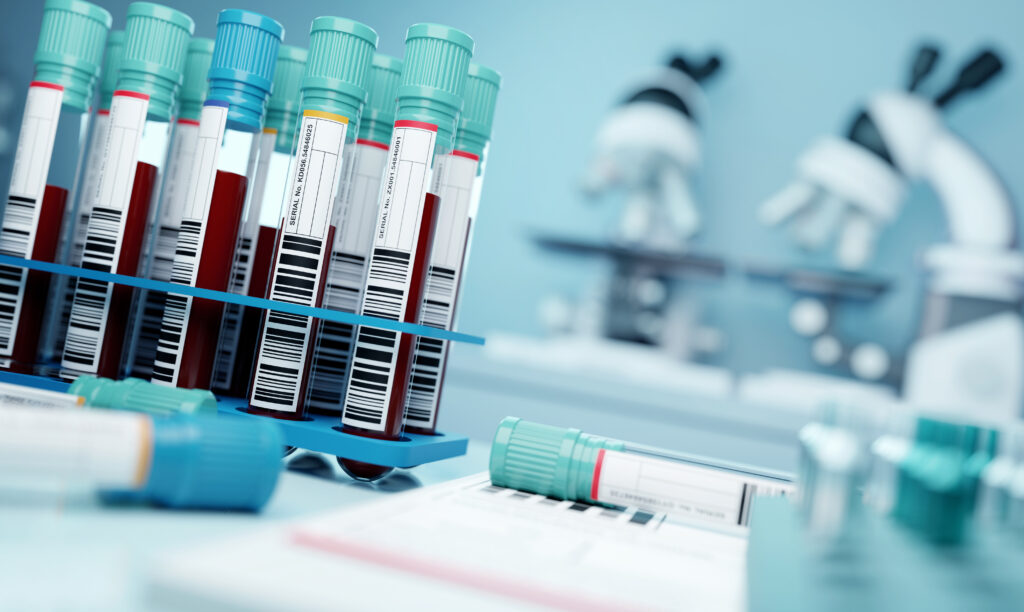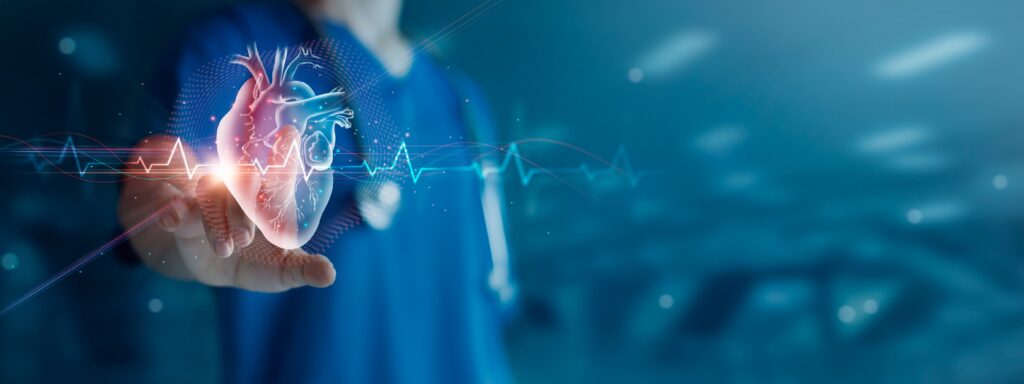Need for effective cancer screening in the UK
We all accept that prevention is better than cure and this is never more so than in cancer survival. The earlier one can detect cancers, the greater the chance of effecting curative treatment. However, sadly the UK ranks bottom for cancer survival rates amongst high-income countries and indeed for several cancers our comparable rates have actually decreased over the last 20 years. The UK currently has a nationwide screening program for just 3 cancers – breast, cervical and bowel with the Government very recently suggesting that a 4th – lung cancer – will be added, using CT scanning (albeit with significant caveats on eligibility for age, history of prior smoking and lack of clarity on provision of the required scanners and reporting radiologists).
What is the Galleri blood test?
With these shortcomings in mind, there has been a great deal of recent positive publicity surrounding the Galleri blood test (produced by the company GRAIL) which can detect over 50 types of cancer with a single blood test. The claims for 99.5% specificity and the ability to predict the cancer origin with high accuracy suggest the utilisation of this test would offer a major breakthrough in the screening for cancers. As such it is aggressively marketed by its developers for individuals, healthcare providers and also employers for health screening of their employees.
The attractions of such a test are clear. However, closer analysis of the science behind the proclamations suggests it is not quite as impressive as first thought.
How does the Galleri test work?
All cells, healthy and cancerous, release tiny amounts of DNA into the bloodstream, but the DNA from cancer cells is different from that from healthy cells. Using advanced DNA sequencing techniques and artificial intelligence modelling, the Galleri test can specifically detect DNA from cancer cells and also predict the tissue or organ where the cancer signal originated.
The test is currently not available to the public in the UK although the NHS is assessing its performance in large-scale clinical trials to see if it can help detect cancers early when used alongside existing cancer screening programs.
Effectiveness of the Galleri test
In cancer screening, one of the most important criteria for assessing the effectiveness of a test is its sensitivity i.e. how many early and therefore treatable cancers will it detect. The size of cancers is categorised into stages 1-4, with 1 being the earliest and smallest (and therefore with the highest chance of curative treatment if detected) while Stage 3-4 represent advanced cancers which have already spread locally and/or throughout the body making cure very unlikely. For a blood test to offer meaningful advances in screening and reducing mortality, it needs to have a high sensitivity for stage 1 and 2 cancers. Unfortunately, the published data of the Galleri test show this is not the case; overall amongst all cancers it has a sensitivity of just 17% for Stage 1 (i.e. it would fail to detect over 80% of early cancers) and 40% for Stage 2 and even these figures are likely to be an over-estimation since these data were derived from case-control studies, the design of which tends to enhance sensitivity compared to real-life use. While the sensitivity of the test increases to over 80% for Stage 3 and 4 cancers, amongst all cancers and all stages, the Galleri blood test has a sensitivity of just 51%! That is akin to tossing a coin – do you wish to entrust your life and the chances of detecting a potentially life-threatening cancer to those odds?
Sensitivity of targeted imaging modalities in detecting early cancers
In contrast, imaging of the body utilising the latest scanner modalities and targeting these towards specific cancers e.g.: CT scanning for lung cancer and colon cancers, 3T MRI scans for prostate, ultrasound for ovarian, testicular, or thyroid and mammography for breast cancers, can have a sensitivity of greater than 95% for detecting Stage 1 cancers. For instance, at Echelon Health we use the most advanced CT scanner currently available and this, combined with our specialist experienced consultant radiologists to report the scans, enables us to detect 100% of stage 1 lung cancers (defined as less than 3 cm in size). By comparison, the Galleri test has a sensitivity for stage 1 lung cancer of just 22%. Indeed, our advanced imaging has detected lung cancers as small as 2-3 mm which massively increases the chances of long-term survival after surgical resection.
Conclusions
The sensitivity of the Galleri single blood test for cancer detection is currently not sufficient for it to offer a meaningful advance in the detection of early and asymptomatic cancers. From a clinical perspective it is very much a work in progress and the most effective and proven means for early cancer detection remains targeted diagnostic imaging utilising a combination of the different scanning modalities.



